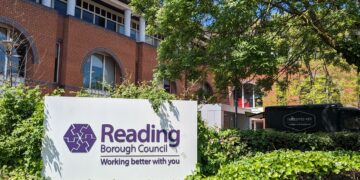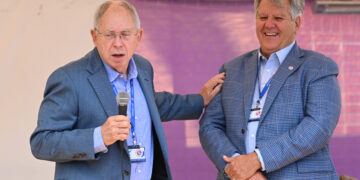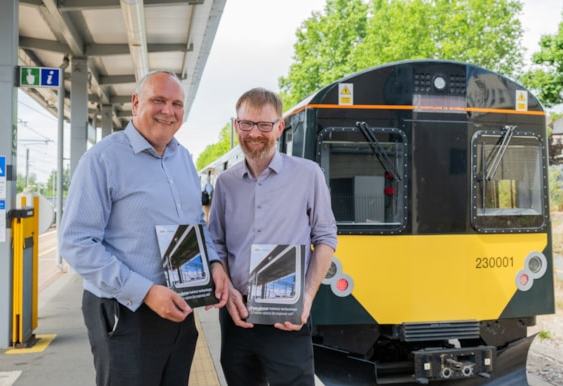GREAT Western Railway has published a paper exploring the results of its trial of fast-charge batteries how it could help to “transform” the UK’s railway.
The year-long trial explored whether battery trains could provide a realistic and cost-effective alternative to diesel trains, and comes ahead of plans to renew its regional fleet.
Much of GWR’s current stock is expected to go out of serviceable use in the next 7-10 years.
Using a converted London Underground train on a 2½ mile line between West Ealing and Greenford, GWR’s Innovation team assessed the performance of its fast-charge technology and developed planning tools to calculate where to place charging points.
Test results on the Greenford branch line have demonstrated how discontinuous fast-charging could help to remove the reliance on more costly Overhead Line Equipment (OLE).
The trial also demonstrated favourable results in terms of the environment, with the battery train showing an 80% reduction in carbon emissions compared to its diesel equivalent.
The results mean fast-charge battery trains could help to deliver services across branch lines in the Thames Valley, and in Devon and Cornwall. Crucially, the results could also be applied to similar routes across Britain.
GWR Managing Director, Mark Hopwood, said: “We’re proud to share the findings of this trial through our white paper, which aims to build understanding and support across government, industry and regional stakeholders.
“At the heart of this is the need to renew our regional diesel fleets, many of which are approaching 40 years’ service and expected to need increasingly costly maintenance to keep them on the tracks in the coming years.
“One of the key motivations was to explore how discontinuous fast-charging can be used to support battery-electric trains calling at interim station stops. And we’ve been able to prove that the technology works.”
Network Rail’s Western route director, Marcus Jones, said: “We’d like to congratulate GWR on the success of this trial, which marks an important milestone in sustainable travel in the UK and highlights the opportunities that innovative technology can bring to our railway.
“Rail is already the greenest form of public transport and battery-powered trains have the potential to play an important role in our commitment to a low-emission railway, with a goal of reaching net-zero by 2050.”
A full copy of the results paper is available to read via: gwr.com
























